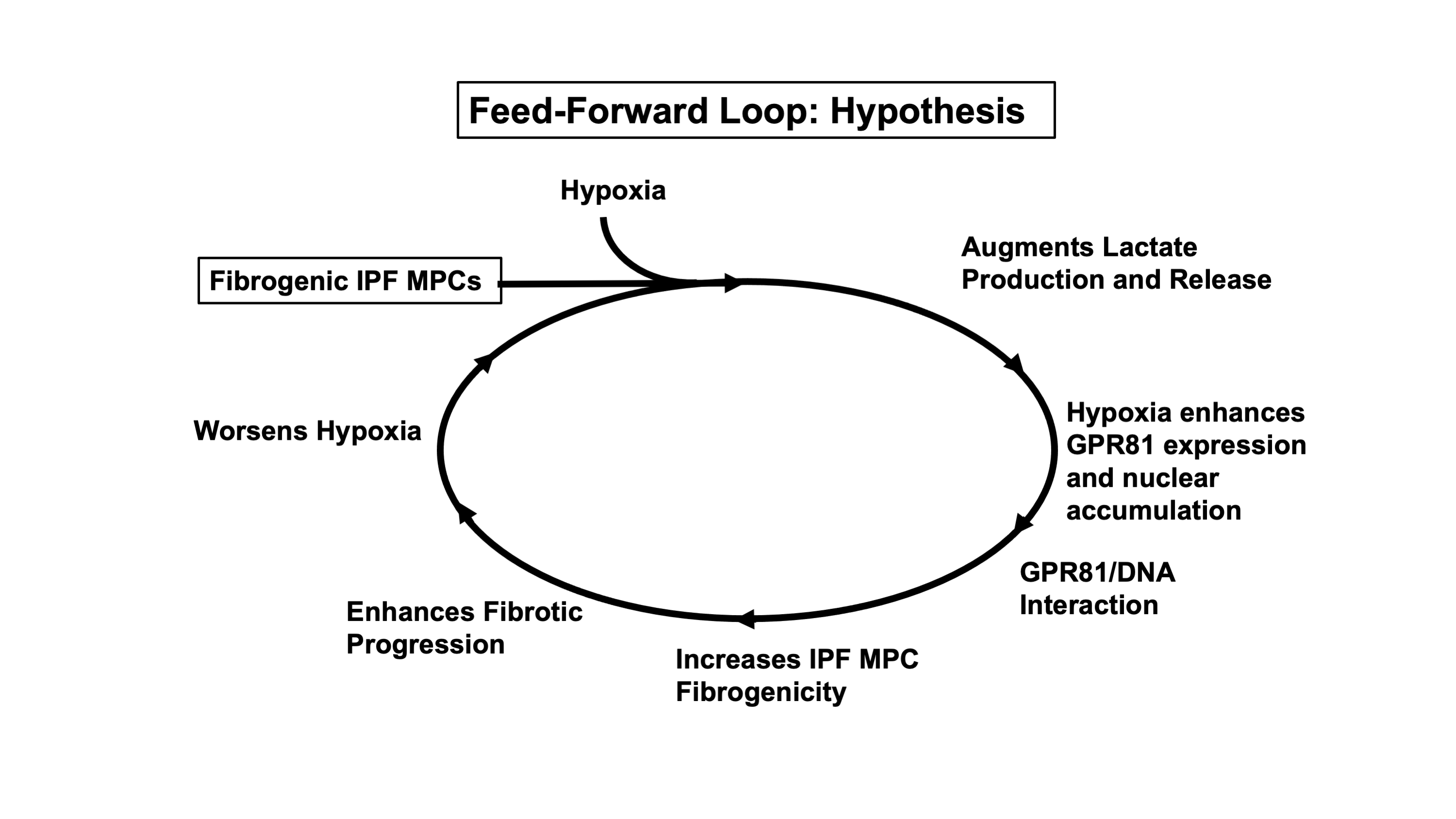Idiopathic Pulmonary Fibrosis (IPF) is a deadly, progressive fibrotic lung disease. It is characterized by the replacement of normal lung tissue with fibrotic tissue that obliterates the gas exchange apparatus. This results in progressive hypoxia and death by asphyxiation. Current treatments slow but do not arrest fibrotic progression. To arrest fibrotic progression, its obligatory drivers need to be identified.
Professor Craig Henke (Medicine; MSI PI) and his research group have previously discovered several interesting features of intrinsically fibrogenic mesenchymal progenitor cells (MPCs) in the human IPF lung and the role of hypoxia operating through the lactate/GPR81 axis in regulating IPF MPC fibrogenicity. They are working on a project called “ChIP-sequencing analysis of IPF mesenchymal progenitor cells to identify GPR81 nuclear binding interactions,” that involves ChIP-sequencing studies to identify GPR81-DNA interactions that may underlie the ability of exogenous lactate to enhance IPF MPC fibrogenicity. Data support the concept that hypoxia creates a feed-forward loop that augments IPF MPC fibrogenicity via the lactate/GPR81 axis.
This project recently received a Research Computing Seed Grant. RC Seed Grant funds are intended to promote, catalyze, accelerate, and advance U of M-based informatics research, so that U of M faculty and staff are well prepared to compete for longer term external funding opportunities. Small (up to $10,000) seed grants are awarded throughout the year and applications can be submitted at any time. Medium ($10,001 - $50,000) and large ($50,001 - $120,000) seed grants are awarded semiannually – the spring submission deadline is the last Friday of April and the fall deadline is the last Friday of October.
